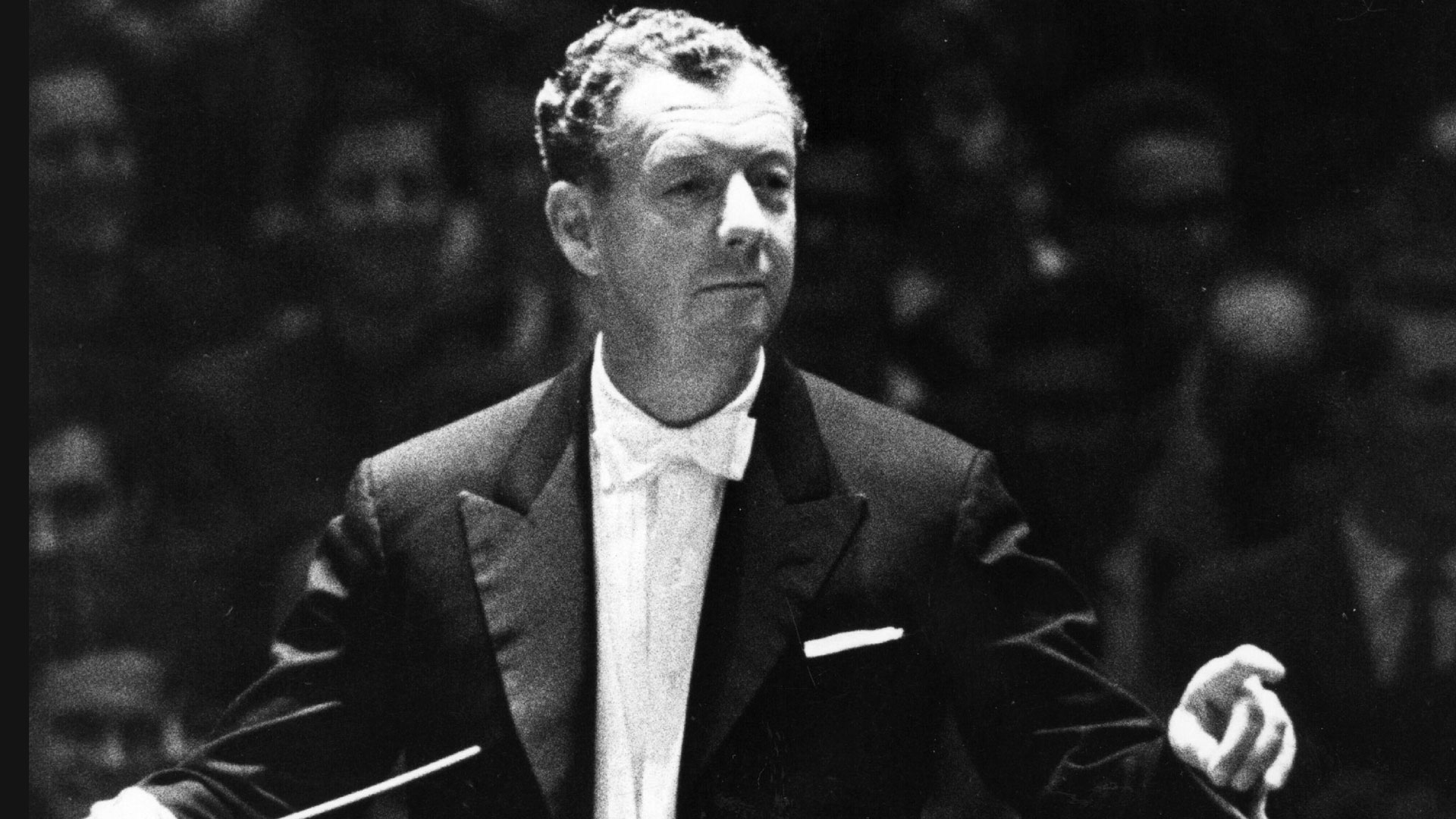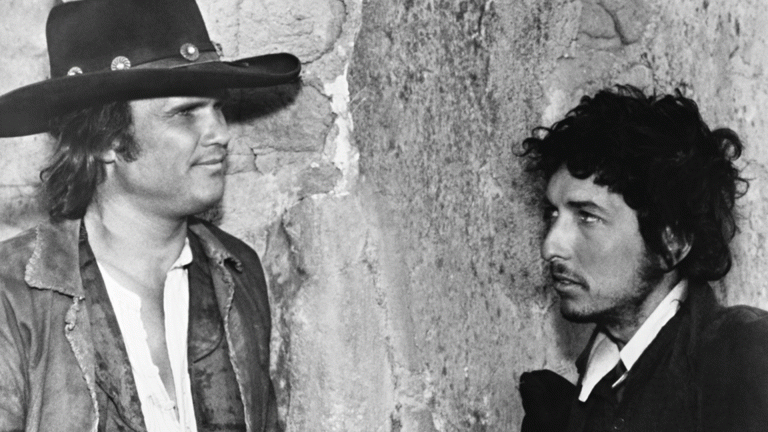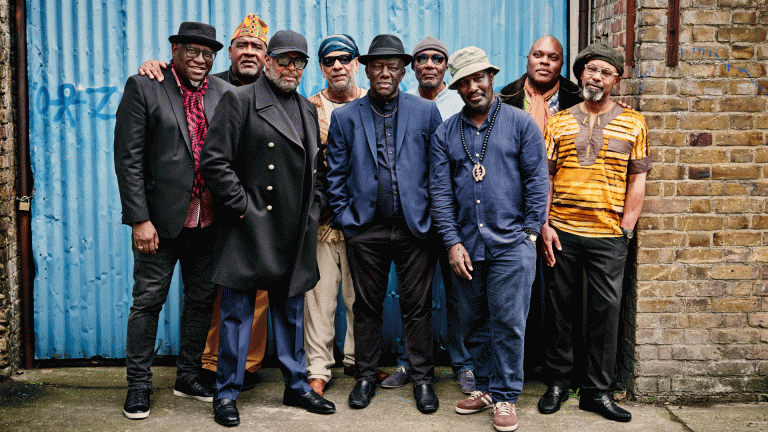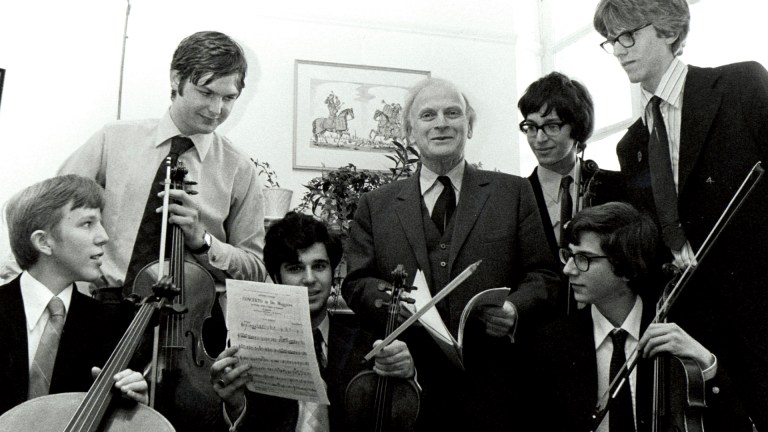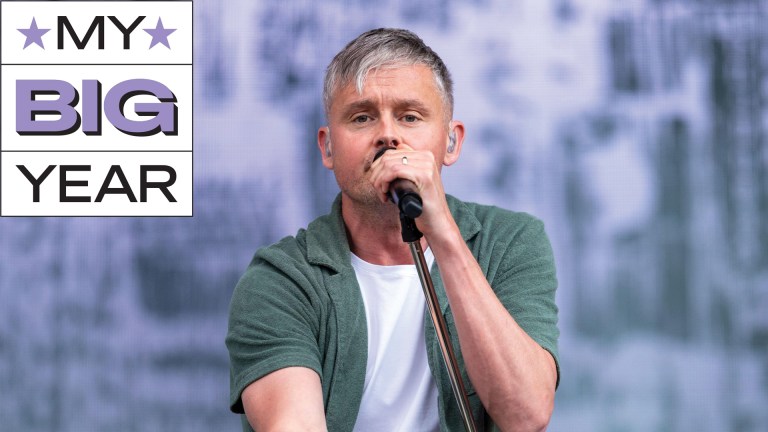Art is often a response to experience. It distills feeling into something tangible, provides a vehicle for stories, and encourages discussion.
It is no surprise, then, that composers have been influenced by conflict. Debussy’s Sonata for Cello and Piano (1915), for example, was written as the French composer endured the carnage of the First World War. English composer Frank Bridge also wrote several haunting, lingering pieces that channel the anguish of that era, including Lament, which was a direct response to the sinking of the civilian ocean liner the Lusitania in 1915. More recently, Drew Baker created Stress Position (2008), a staged composition for amplified piano, where the pianist plays repeated notes at the opposite ends of the instrument. The piece addresses the topic of torture, and was a reaction to the atrocities that took place at Abu Ghraib and Guantanamo.
Perhaps the greatest musical response to conflict is Benjamin Britten’s War Requiem (1961-62), an expansive choral work that juxtaposes the traditional Latin mass with poetry by Wilfred Owen, who was killed a week before peace was declared in 1918. During the Second World War, Britten applied to be a conscientious objector on his return to England from the US. Initially, the composer was only allowed non-combatant service in the military, but gained unconditional exemption on appeal. His monumental requiem – requiring a chorus, childrens’ choir, orchestra, chamber orchestra and soloists – rallies against the inhumanity of war (and consolidated Britten’s position as a pacifist).
English National Opera (ENO) is unveiling a new production of Britten’s War Requiem (November 16-December 7) to mark the centenary of the end of the First World War. The cast includes soprano Emma Bell, tenor David Butt Philip and baritone Roderick Williams along with a children’s choir from Finchley Children’s Music Group. Daniel Kramer’s staging – featuring work from Turner-prize winning artist and designer Wolfgang Tillmans – will inspire attendees long after this year’s commemorations have ended.
Britten’s monumental requiem rallies against the inhumanity of war – and consolidated Britten’s position as a pacifist
As we consider the First World War centenary, it’s tempting to focus on UK-based experience – but this narrow thinking is to the detriment of the conflict’s legacy. Many artists have tried to reflect the universal suffering in their programming: in The Cello in Wartime (BIS), for example, soloist Steven Isserlis presents works by English, French and Austrian composers (Bridge, Debussy and Webern). On Armistice Day itself, the BBC Singers and their new chief conductor Sofi Jeannin performed two new works at London’s Milton Court by Roderick Williams and Bob Chilcott. Williams’ World Without End was co-commissioned by the Barbican and Berlin-based RIAS Chamber Choir, a musical handshake to symbolise the shared experience.
